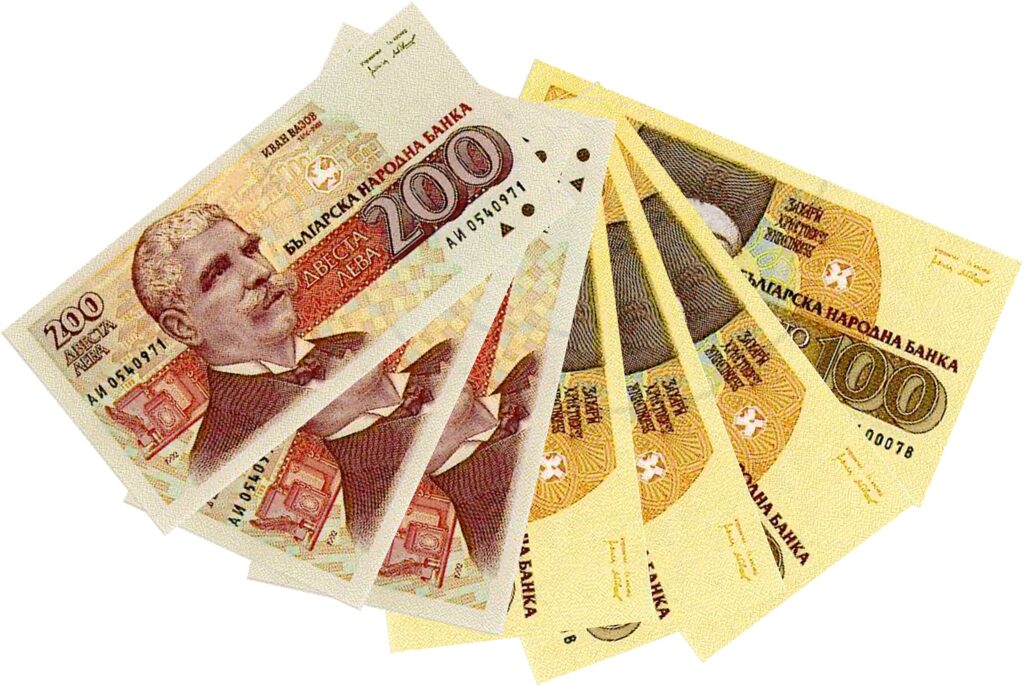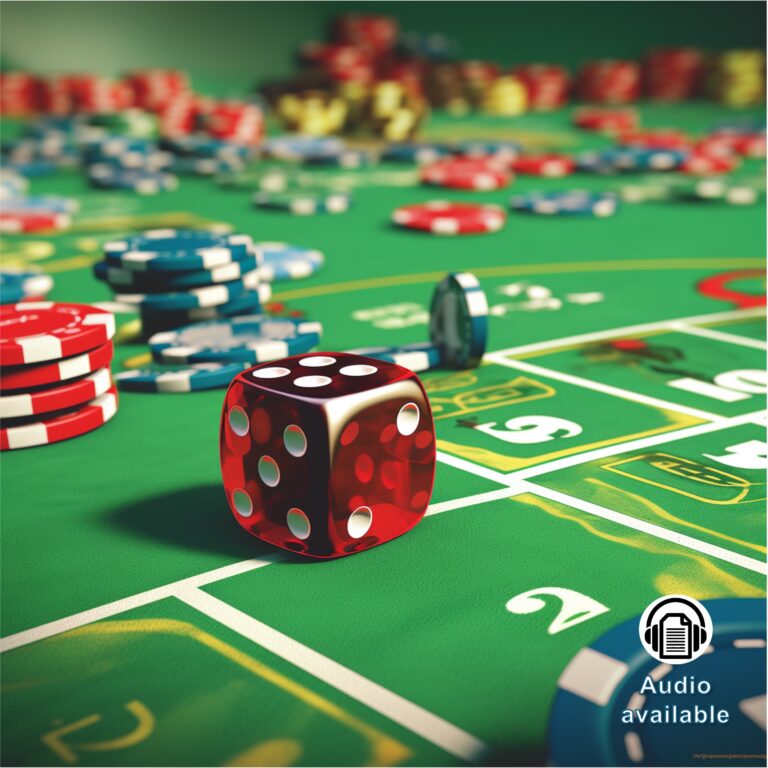SHARE
Pocket Money
Dad stuck 1,000 Leva (The Bulgarian currency) into my hand and winked at me happy that he had provided for his son another month. This was during the difficult first years after the political changes in the yearly 90s. He said, “This is your pocket money for this month, try to make it last .” I tried, and they actually lasted me, but only for 3 days. After that I kept quiet and waited for the next month to come. I was ashamed.
Watch my TEDx talk here

AI and the Hidden Price of Comfort | Nik Popgeorgiev | TEDxFolsom
What if technology gave us everything we wanted—yet left us with nothing to live for? This talk explores the hidden cost of AI-driven automation: the quiet erosion of purpose, meaning, and struggle.
My friends and I used to go to the “cafe“. That’s what we all called it, but I don’t remember drinking a single coffee there. It was actually the neighborhood pub housed in an abandoned electrical substation. Times were different and even though we were still young, 16 years old, we drank beer, not coffee. There was enough money for this kind of entertainment. Even though 1000 Leva (before the denomination) was not much, the years of great inflation in Bulgaria were still ahead and for a kid like me, they were enough. They could easily last a month. But things turned out differently. The time had come when my education in the world of money was about to begin.
My first teacher
My first teacher turned out to be the owner of the cafe. If by teacher, you imagine a person with a calm voice, noble face and kind features, you will be disappointed. If you think he put a friendly hand on my shoulder and said – “Nik, come sit down, let me tell you about the money ,” you’d be wrong. This teacher, in my opinion, was a shady criminal, judging by the way he looked, the way he acted, and the car with tinted windows he arrived with to collect his dough. (Lessons arrive from the most unexpected and unusual sources ). Yet, he was my first teacher, and it was he who taught me those two first lessons, which, as you see, I remember to this day.
- Easy money is easily spent.
- The attraction of anticipation is far greater than the shame of being made a fool.

A Summer of Slots
On a day, strategically planned to be at the beginning of summer vacation, the back room of said substation dawned with two poker machines. Since they were only two and we were more, we waited in line to play them. The minimum to start the game was 20 Leva. However, we usually played for 100, and when we lost them, we added 100 more.
In those early days, gambling in Bulgaria was progressing and a process of training the gamblers was carried out, creating their addiction. According to us, the boys from the neighborhood, the machines “nobly let go” about 60-70%. That is, for every 100, the players received back, or in other words, earned 60-70. In the gambling world, this is called “ return to player rate “. Today I know, 60-70% was very unfair.
Hitting a Royal Flush on the machines in the cafe was hard. It is the jackpot, a rare and difficult combination of cards. This success was achieved only with great persistence and adding 100 + 100 + 100 Leva many times. And when it did happen, the machine would start ringing and shaking with happiness as one with you, notifying everyone of the big event. And the happiness consisted in the fact that you were able to recover some of the losses you had accumulated in the last few days. Admittedly only a part, but recovered. At least for the day you are possibly ahead. When you walk out of the back room smiling and bring an employee to collect your winnings, previous losses seem meaningless. The feelings evoked are insane joy, supreme satisfaction, and a sense of superiority over the less fortunate.
Butterflies
The poker machines were bringing a burning mixture of trembling anticipation and shame. You walk in with butterflies in your stomach and sit down with hope. When you lose another hundred of your daddy provided pocket money, you need a minute or two to stand behind the next boy to swallow the loss, chew the bitter. And eventually go out with your head held high and a sour smile, for not to let everyone see that you hurt so much and were unlucky again. And there was never any luck, because they never produced a machine that would “return” more than 100%, because there was never an owner who would order one.
For a long time, we went to bed and woke up thinking about the poker machines. I remember the anticipation and constant optimism we all shared, believing that the next time we played, the Royal Flush would appear. This motivated us so much that we developed countless strategies, and all sorts of rumors and crazy ideas spread among us. We believed that if you hit the bet button hard and fast, the machine would get confused and give you the card you needed. Some said if you looked from the bottom up, somewhere under the screen, it showed at what percentage the machine was set to “return.” If someone had hit the jackpot recently, then we shouldn’t play immediately because the machine wouldn’t “return” again soon. We thought we had to wait for it to be “loaded” with money, but not ours. And if no one had hit the jackpot for a whole week, then it was “due,” and we had to try furiously.
He cared
The owner took good care of us. He soon brought two more machines so that we wouldn’t have to wait in line and if someone hit a Royal Flush on one, we could play the others without worrying that it wouldn’t “return” any time soon. We also discovered that the owner possessed wizard-like powers and could regulate the mood of the entire contingent of gamblers and addicts we had become. If he saw us sad, he would go alone to the back room, “squeak ” something on the machines, and they would start “returning” more to get our smiles back. And if the car with the tinted windows needed a new tuning, through the back room he increased his income and lowered our mood.
Venturing Beyond the Café
Playing the machines in the “cafe” was not the only time in my life that I gambled. On the contrary. I have played bingo. Bet on sports games, played cards and chess with friends for money. I have bet in casinos on roulette, on blackjack , on “normal slot machines” that return to the player 80-90% of the money. I have played frenzy trading in Bitcoin and other cryptocurrencies. I’ve bought and sold penny stocks in day trades and whatnot. Over the years, the stakes have grown, but I haven’t been reckless. The money was now mine, not my dad’s. It was harder for me to part with them. On a simple balance sheet it is easy to see that although I have had my sporadic moments of luck, I have generally lost at gambling, because in gambling the rule is – the longer you play, the more you fill the pockets of those who determine the rules of the game.
From Chips to Stocks
Why am I telling you all this? Some of the more astute among you must have related the parallels that directly or metaphorically exist between this writing and the life of the investor. Make no doubt that being a gambler is part of every investor’s profile. The feelings that the addicted card player feels are no different than the feelings of the day trader. Many of the ways we invest are risky and rely on luck or fortune to succeed.
It is not hard to conclude that:
- Every novice investor who asks the question ” What should I invest in?” willingly sits down at the machine in the “cafe” and relies on someone else to decide his fate.
- Anyone who stares at a stock price chart and draws trend lines is like us neighborhood boys who tried to predict whether the machine would “return” by looking up from the bottom of the screen.
- All of us who sigh when the market falls and exult when it rises put ourselves in the owner’s hands and let him determine our mood today.
Being a moderate gambler isn’t necessarily a bad thing. Over the years, my interest in gambling has provoked my attraction to money. Both gambling and handling money have drawn me closer to the world of finances. They’ve helped me develop relationships with money similar to those with people. The constant flow of money in and out has built my personal understanding of its value, the methods and channels through which it moves. It has revealed the powerful emotions money can provoke. It has shown me the difficulty of managing these feelings and the effort required to direct them in a way that doesn’t undermine me.
Emotions and Investments
My brain has outgrown gambling. The realization that I was being made a fool of and playing by someone else’s rules eventually overcame the dope I was getting from the tickle that I could win. Any game of chance is mostly a game of feelings, not so much of money – greed, self-esteem, superiority, satisfaction, shame, pain, anxious anticipation, hope, dream. As humans, we are most vulnerable with our feelings. Emotions are our weak point and it allows many owners to take advantage of us. It took a long time for me to work through these feelings and turn them from my weakness into a main weapon. Today I am careful and choose to play only games that I own. Games where luck doesn’t matter, hope isn’t the driving force, and optimism is just a nice side-feel, not a necessity. Today, I expect to earn emotional and financial rewards only for the qualities I possess and have developed, supported by the balance of emotions tempered over the years.
Resist the Gamble
Although outgrown, gambling will always remain a part of me, as well as many of us investors. It is a constituent of our essence, and it would be an illusion to believe that we can simply cut it off like a withered branch. And we shouldn’t. Gambling in small doses, like snake venom, can be beneficial sometimes. But it must be clearly distinguished, controlled and kept away from the investment world. Nothing prevents you from spending your gambling energy on a game of poker on a Friday night with your friends. It would be a great opportunity to prove to them and to yourself that you are the absolute master of your own emotions. But common sense must prevail when it comes to financial markets.
Investing is about knowing when you’re making smart choices and when you’re just gambling. It’s not easy to make quick money in investing. There are no sure wins or instant riches. There is no Royal Flush. But there are countless “owners” who pretend to be experts with countless strategies and tricks to lure you into thinking you can get rich fast. “Owners” who only pursue their own interests and follow their own agendas. Reading books and learning from experience can help you spot these tricks. Being able to resist the urge to gamble could make all the difference in whether you make money from your investments or not.





